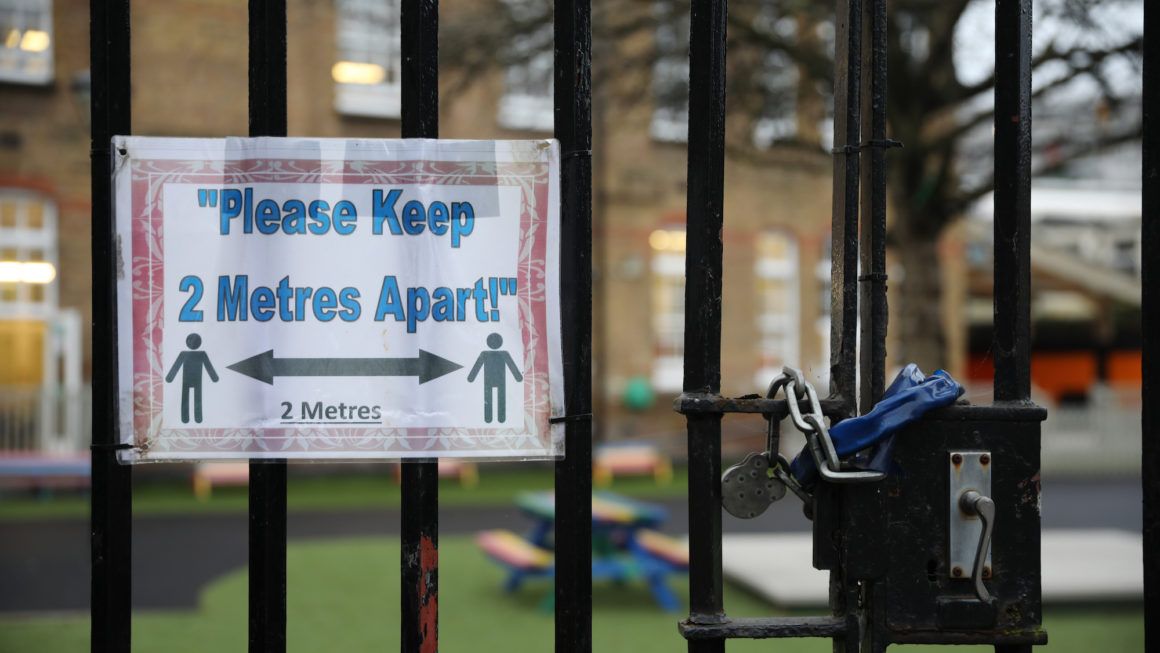After Boris Johnson’s announcement last night that schools will remain closed until at least February half-term, many parents are again going to face difficult childcare issues.
This was a massive problem for working parents in the first lockdown last year. Unfortunately, we are now back in the same situation again.
The pandemic obviously needs to be controlled and the government needs to take action to do that. However, the knock-on effect of school closures is that working parents, who can’t be in two places at once, or WFH and look after children as well, are going to be at risk of losing their jobs.
Would it be fair for an employer to dismiss someone who can’t work because they have childcare responsibilities? We are still in unchartered territory here and the answer will depend on all of the circumstances. With the furlough scheme still in place, it is likely that unfair dismissal claims could be made if the scheme was not used. Anyone dismissed or put into a position of having to resign because of childcare issues should take legal advice as early as possible. Likewise, any employers looking to dismiss or insist on a return to usual work will want to do the same.
Ultimately, fair or not, dismissals happened last year and no doubt will happen again.
Whilst this is a potential problem for both mums and dads, it is a problem which, anecdotally at least, affected women more than men last time around. Women in the UK are more likely to have primary childcare responsibilities than men. During the first lockdown, it was a common scenario for dads to carry on working but for women to either be put on furlough (with reduced pay), WFH and home school too, or else lose their jobs entirely. We are currently acting for a female employee who lost her job with a well-known national company during the first lockdown in this sort of situation.
What can you do if you are a working parent with childcare issues, or someone who employs them?
Furlough is likely to be the answer for a lot of parents but overall options are:
Working from home: This may be an option for some. It will depend on the age (and number!) of kids and the type of work. Employers should be careful of their employee’s stress levels. It may be possible to co-ordinate periods of WFH with the other parent, or to agree flexible working.
Furlough: The furlough scheme is still available and it can be used employees who have childcare issues. A lot of employers don’t seem to realise this so if there is any doubt, check the gov.uk website which confirms it. If possible, furlough could be co-ordinated between parents, with each taking periods of furlough, or working part-time.
Flexible working/temporary change of hours: This might be combined with the furlough scheme, or you might just agree a temporary change of hours (whether less hours or working at different times) while schools are shut. Make sure to document whatever is agreed, even if just by way of emails.
Use holiday entitlement: Some employees are reluctant to use holiday when they can’t actually take a break away from home but the option to use holiday is there. One benefit of holiday over furlough is that holiday has to be paid at 100% of normal pay whereas furlough might not be. Holiday can be combined with periods of furlough if needed.
Unpaid parental leave: Parents may be entitled to take up to 4 weeks’ parental leave each year to look after children. However, this would be unpaid and so we would not advise employers to insist on employees taking unpaid parental leave without taking legal advice. For more info on parental leave go to gov.uk/parental-leave/entitlement.
If you are unsure about how to manage this problem, whether as the employer or employee, get in touch with us.




